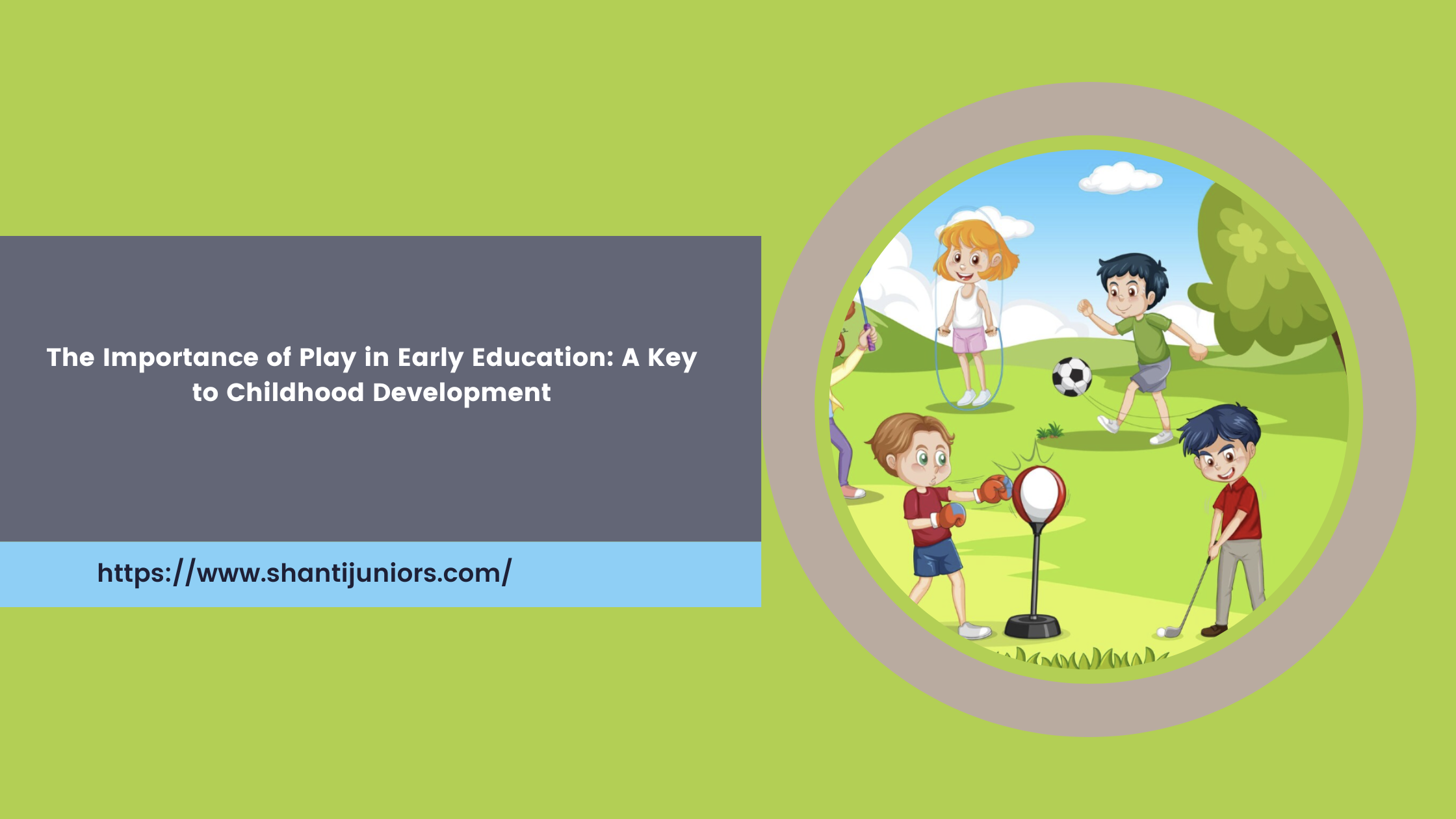

Discover the profound impact of play in early education, crucial for childhood development. Uncover expert insights, FAQs, and more about The Importance of Play in Early Education: A Key to Childhood Development.
In the realm of childhood development, one cornerstone often overlooked is the significance of play. This article delves into why The Importance of Play in Early Education is paramount, exploring its multifaceted benefits and how it nurtures essential skills in children.
Play is not just a frivolous activity; it's a fundamental aspect of childhood that fosters holistic growth. Here, we unravel the layers of importance that play holds in shaping young minds.
Play isn't merely fun; it's a cognitive workout for children. Dive into how play stimulates creativity, problem-solving, and critical thinking skills.
Explore how play acts as a social laboratory for kids, teaching them invaluable lessons in communication, teamwork, and empathy.
Discover how play serves as an emotional outlet, aiding in self-regulation, resilience building, and emotional intelligence development.
Physical Health and Play
Uncover the physical benefits of play, from fostering healthy lifestyles to enhancing gross and fine motor skills.
Creating Play-Friendly Environments
Learn how to design spaces that encourage play, fostering creativity, and curiosity among children.
Also Read: Why Shanti Juniors is a Top Choice in Mumbai, Delhi, and Pune
Parental engagement in play isn't just about bonding; it's a catalyst for deeper learning and emotional connection.
Explore various play types—imaginative, constructive, physical, and social—each offering unique benefits for child development.
Address common challenges hindering play, such as technology overuse, lack of safe play spaces, and time constraints.
Discover strategies for integrating play-based learning into traditional educational settings, enhancing engagement and retention.
The Role of Play in Cultivating Creativity
Dive into how play nurtures creativity, fostering innovation and problem-solving skills crucial for the future workforce.
Measuring Play's Impact: Assessing Developmental Milestones
Learn about assessment tools and methodologies to gauge the developmental progress facilitated by play.
Also Read: 10 Harmful Effects Of Mobile Phones On Students
The transformative power of play in early education cannot be overstated. It's not just about fun; it's about laying the groundwork for lifelong learning, social-emotional well-being, and success. Embracing The Importance of Play in Early Education is key to unlocking every child's full potential.